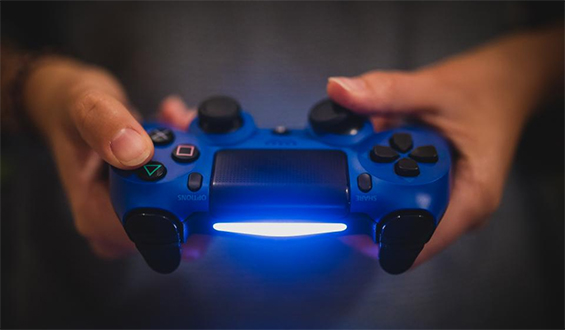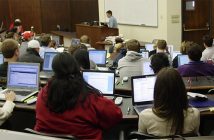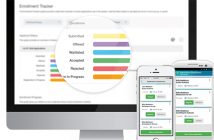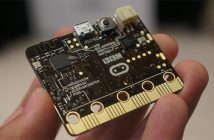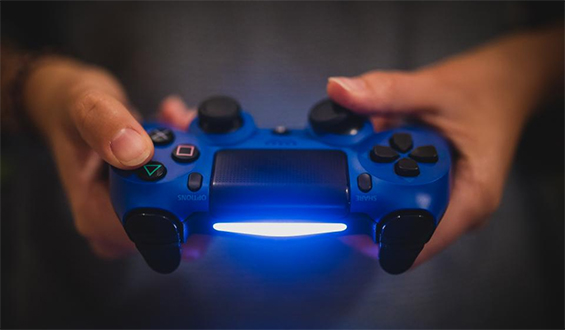
According to new research, video games are more likely than social media to negatively impact a student’s education.
The report, “ICT and Me,” was authored by the National Children’s Bureau Northern Ireland (the title refers to information and communication technology). Researchers found that students who played video games more often scored lower on the GCSEs, but that hours spent on social media sites did not affect achievement.
Social networking and gaming were the activities that surveyed parents and teachers viewed as most disruptive to achievement. School staff in particular cited gaming as a problem, noting its effects on attendance, punctuality, and motivation.
41% of students who reported that they used a portable gaming device a few times a day received five GCSE grades between A* and C while 77% of those who said that they rarely used one achieved those grades. On the other hand, no relationship was observed between scores and social networking, reports Tracy Walker of the Nottingham Post.
The organization also reported other findings from the study that show students’ technology habits and the effects on their education. 81% of the students reported using social media at least once daily, according to Sky News. Students who spent about three hours a day doing homework on the computer scored the best on these exams, but there was no correlation found between mobile phone or tablet use and scores. Most of the students who said that they played portable games multiple times a day were boys.
The research was conducted on more than 600 students, ages 14 through 16, between 2012 and 2014.
The report recommended that parents and caregivers limit the time their children are allowed to play video games, according to Robbie Meredith of the BBC. However, because of the results that show that more computer time spent on homework led to an increase in test scores, the report also recommended that the government ensure that all young people have access to a computer at home.
Celine McStravick, the director of the National Children’s Bureau Nothern Ireland, said:
Young people are often so confident in their use of new technology that we can forget they need our support to establish good habits.
Our research shows that using a computer for homework can help pupils consolidate learning and do better in exams.
So, schools should be regularly setting homework that requires the use of a computer and the internet.
Similarly, we need parents and carers to step in and limit excessive amounts of time spent gaming.
Its authors also noted that further research must be done on the factors linking gaming and education so that the connection between them can be better understood.
The research was funded by the Office of the First Minister and Deputy First Minister, according to the Nationalist, a section of the executive government.

